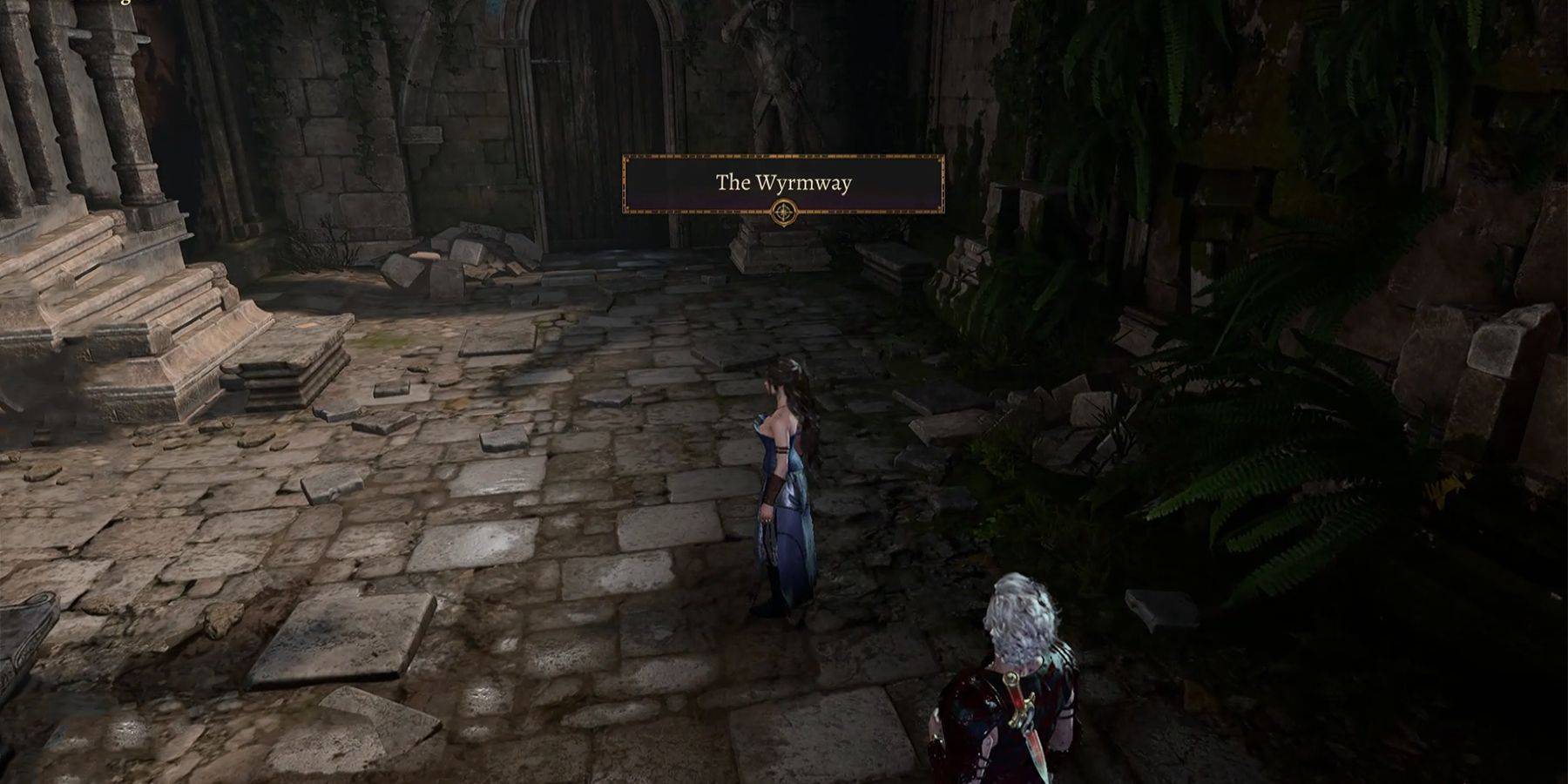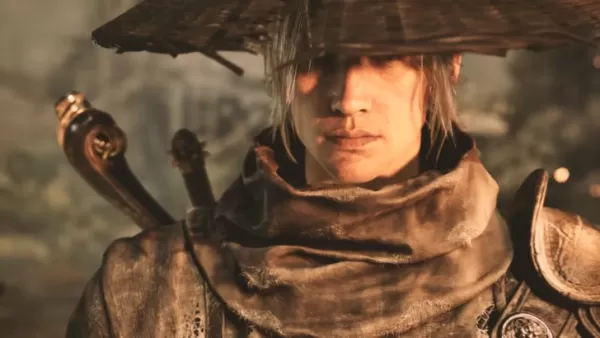Baldur\'s Gate 3: Should You Free Orpheus?
- By Christian
- Jan 17,2025
In Baldur's Gate 3's climactic moment, players face a pivotal decision: free the imprisoned Githyanki Prince Orpheus or allow the Emperor to handle the situation. This choice, made after acquiring the Orphic Hammer, profoundly impacts the game's outcome.

Updated February 29, 2024: This decision comes after defeating Ketheric Throm, Lord Enver Gortash, and Orin, requiring extensive exploration of Baldur's Gate's upper and lower districts. The stakes are high; companions might sacrifice themselves, necessitating careful preparation and high skill checks (potentially needing a 30 roll) to influence their actions.
Spoiler Warning: The following discusses the game's ending.
Freeing Orpheus or Siding with the Emperor?
This choice hinges on player preference. The Emperor warns that freeing Orpheus risks party members becoming Illithids (Mind Flayers).
After the Netherbrain encounter, the Astral Prism presents the dilemma: free Orpheus or let the Emperor absorb his power.
Siding with the Emperor: This results in Orpheus' demise, as the Emperor absorbs his knowledge. Lae'zel and Karlach might disapprove, impacting their personal quests. While guaranteeing victory over the Netherbrain, this outcome might alienate players attached to these characters.
Freeing Orpheus: This leads the Emperor to ally with the Netherbrain. The risk of party members becoming Mind Flayers remains. However, Orpheus joins the fight alongside the Githyanki, and offers himself as a Mind Flayer sacrifice to save his people.
In short, choose the Emperor to avoid Mind Flayer transformation, and choose Orpheus if you're willing to risk it. Siding with the Emperor might lead to Lae'zel's betrayal and Karlach's return to Avernus.
The Moral High Ground?
Morality depends on individual perspectives, but loyalty plays a key role. Orpheus, as a Githyanki heir, opposes Vlaakith's tyranny. A Githyanki player might naturally side with him, while others might find Voss and Lae'zel's demands excessive. The Gith prioritize themselves, regardless of broader consequences.
The Emperor, a generally benevolent figure, aims to defeat the Netherbrain and aid the party. He acknowledges the necessity of sacrifice, accepting the possibility of party members becoming Mind Flayers for the greater good.
Ultimately, Baldur's Gate 3 offers multiple endings, allowing players to shape an outcome they deem satisfactory.
Latest News
more >-

-

- Red Dead 2, GTA 5 Sales Stay Strong
- Dec 21,2025
-

-
-




